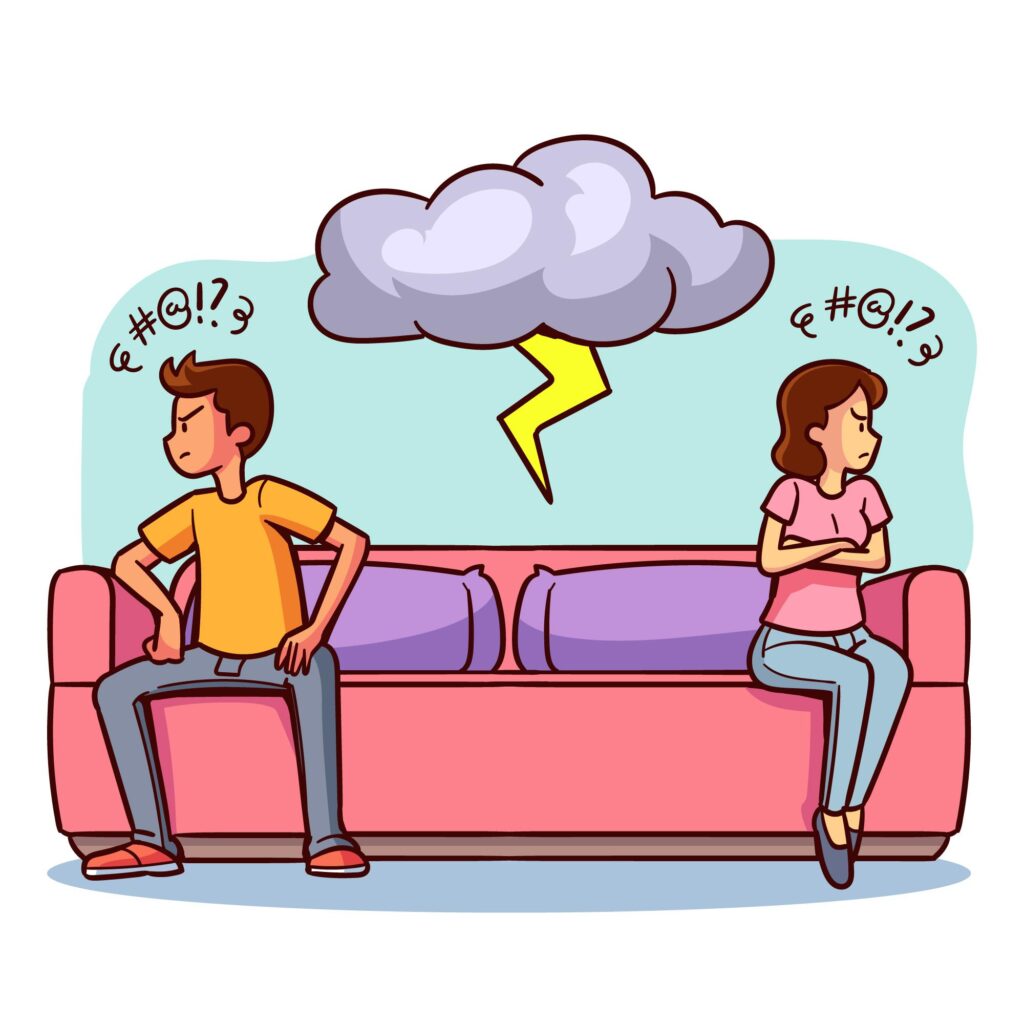Last updated on December 20th, 2024 at 01:15 pm
Breaking up with someone can be one of the most challenging experiences a person faces, particularly when you are the one ending the relationship. Not only must you confront the emotions and reactions of your former partner, but you also need to manage your own feelings of guilt, sadness, and uncertainty. In this article, we will offer breakup advice for the dumper, providing tips and guidance on how to navigate the aftermath with empathy and understanding.
Understanding Your Feelings and Motivations

The first step in handling a breakup as the dumper is to understand your feelings and motivations. Why did you decide to end the relationship, and what are your emotions and thoughts in the aftermath? Are you feeling guilty, sad, or relieved? Are you concerned about how the breakup will affect your former partner, or are you more focused on your own emotional well-being?
By taking the time to reflect on your feelings and motivations, you can gain a clearer understanding of how to navigate the aftermath of the breakup. This can assist you in making decisions that align with your values and goals, and in communicating with your former partner in a respectful and compassionate manner.
Communication is Key
One of the most important aspects of managing a breakup as the dumper is communication. Whether you’re speaking with your former partner directly or through a third party, it’s crucial to be clear and honest about your reasons for ending the relationship. This approach can help prevent misunderstandings and lessen the emotional impact of the breakup for both parties.
When communicating with your former partner, it’s essential to be considerate of their feelings and reactions. This may involve stepping back and allowing them the space and time to process their emotions, or providing words of comfort and support. Regardless of the approach you choose, the objective should be to maintain a positive and respectful relationship, even after the breakup.
Dealing with Guilt and Remorse
It is not unusual for individuals to feel guilt and remorse after ending a relationship, particularly if they were the one who initiated the breakup. These emotions can be intensified by the fear of inflicting pain and distress on their former partner.
If you’re feeling guilty or remorseful after a breakup, it’s essential to remember that you acted in accordance with what you believed was best for you at that moment. This doesn’t imply that you’re heartless or insensitive; rather, it indicates that you were making a decision based on your own needs and well-being.
To address feelings of guilt and remorse, focus on self-care and your emotional well-being. This may involve talking to a trusted friend or family member, seeking support from a therapist, or participating in activities that bring you joy and fulfillment.
Moving Forward with Empathy and Understanding
Breaking up with someone can be a challenging and difficult experience, but it’s essential to approach the aftermath with empathy and understanding. By taking the time to comprehend your feelings and motivations, communicating clearly and openly, and addressing any guilt or remorse you may be experiencing, you can move forward with a positive and respectful attitude.
Are Breakups Difficult for the Dumper?
Yes, breakups can be difficult for the dumper. Although the dumper may have initiated the breakup, they can still experience feelings of sadness, guilt, and remorse afterward. This can be especially challenging if they have strong feelings of attachment or affection for their former partner.
It’s also important to remember that breakups can significantly impact the dumper’s self-esteem and confidence. If they were the one who ended the relationship, they may feel “to blame” for the breakup, which can lead to feelings of guilt and self-doubt.
Does the Dumper Ever Return?
It is not unusual for the dumper to have second thoughts or feelings of regret after a breakup. While there is a possibility for the dumper to return and revive the relationship, it is crucial to approach the situation with care. If you are contemplating reuniting with your former partner, it is vital to reflect thoughtfully on your motivations and emotions, and to communicate openly and honestly with them.
How Long Does It Take for the Dumper to Regret?
The timeline for experiencing regret after a breakup can vary and depends on several factors, including the length of the relationship, the nature of the breakup, and the individual’s personality and coping style. Some people may feel regret within days or weeks of the breakup, while others may not experience it until months or even years later.
Does the Dumper Experience Guilt?

It is not uncommon for the dumper to experience feelings of guilt after a breakup, particularly if they believe they have caused pain or distress to their former partner. However, it is important to remember that breakups are complex and nuanced experiences, and feelings of guilt can arise from various sources, including attachment, affection, or a desire to protect the other person.
How Can You Tell if a Dumper Regrets?
Determining if a dumper regrets a breakup can be challenging, as feelings of regret are often subtle and difficult to identify. Some signs that a dumper may regret a breakup include a desire to reconnect with their former partner, feelings of sadness or loneliness, and a tendency to reminisce about the relationship.
However, it’s important to remember that regret is a personal experience, and the dumper may not express their feelings directly. If you’re uncertain whether a dumper regrets a breakup, it may be beneficial to have an open and honest conversation with them to explore their feelings and motivations.
Conclusion
If you are the one who initiated a recent breakup, remember to take care of yourself and approach the aftermath with empathy and understanding. With time and patience, you will be able to heal and move forward with a sense of peace and closure.


